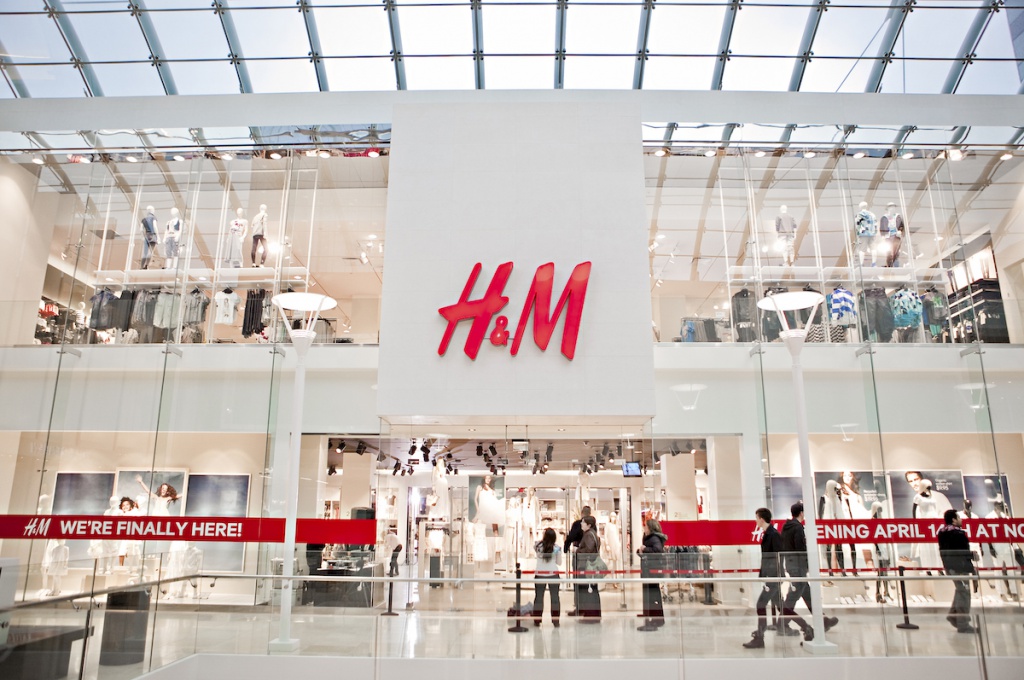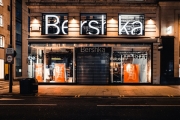Swedish retailer H&M was ranked number one in the Fashion Transparency Index 2020 with a score of 73 out of 100 possible.

In 2019, H&M managed to score only 61% and was ranked 4th. Over the past year, its management has done an excellent job. The top five most transparent brands in 2020 also include C&A, Adidas & Reebok, Esprit, and M&S. Even in the top ten are such companies as Patagonia, VF Corporation (owns such well-known brands as The North Face, Timberland, Vans, and Wrangler), Puma, Asos, and Nike/Jordan/Converse.
Bally, Jessica Simpson (owned by a pop star), Max Mara, Mexx, Pepe Jeans, Tom Ford, and Youngor are also at the bottom of the ranking. All of them were extremely sparing to provide any data on their activities.
The index has been compiled for five years by the Fashion Revolution agency. The report assesses the amount of information that companies disclose about their social and environmental policies, business processes and internal activities, and supply chains. At the same time, the report includes only those producers whose annual turnover exceeds 400 million dollars.
The total number of criteria to be measured is two hundred, ranging from human rights to the use of plastics. However, the authors of the rating themselves emphasize that their research assesses transparency rather than ethical or environmental components.
The Fashion Revolution believes that transparency is the key to creating a cleaner fashion industry. Because of complex multinational supply chains, it can be difficult for consumers to see the big picture and make ethical choices, and for stakeholders to hold brands accountable when something goes wrong. The idea to compile the Transparency Index came after the Rana Plaza disaster in 2013, when a large textile mill collapsed in Dhaka District, Bangladesh, killing 1,344 people and injuring 2,500 others.
The rankings were made before the Coronavirus pandemic. And according to Kerry Somers, co-founder of Fashion Revolution, the crisis further exacerbated transparency issues as millions of workers at garment factories in Bangladesh were left unemployed as Western brands canceled orders. The crisis started to reveal some critical problems in the industry and showed how fragile the system is.
21 APRIL 2020, Sweden

 Boohoo expands online presence with new marketplace for fashion
Boohoo expands online presence with new marketplace for fashion Victoria's Secret expands presence in Melbourne
Victoria's Secret expands presence in Melbourne Inditex's Bershka set to enter indian market with Mumbai store
Inditex's Bershka set to enter indian market with Mumbai store Ross stores expands across the U.S. with 24 new locations
Ross stores expands across the U.S. with 24 new locations Chaumet opens doors to debut boutique in Italy
Chaumet opens doors to debut boutique in Italy Birkenstock is launching first store in France
Birkenstock is launching first store in France Salomon elevates brand presence with new Paris flagships
Salomon elevates brand presence with new Paris flagships  Amiri expands presence in California
Amiri expands presence in California  Crocs expands its presence in India with Apparel Group
Crocs expands its presence in India with Apparel Group  Best Buy Canada to expand presence with 167 small-format locations
Best Buy Canada to expand presence with 167 small-format locations  Arket expands into Italy with Milan flagship
Arket expands into Italy with Milan flagship